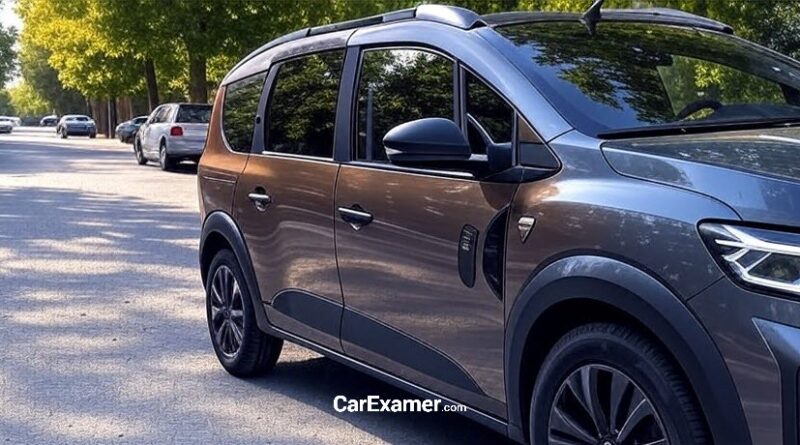Dacia Jogger Problems Common Issues and Repair Costs
The Dacia Jogger is a budget-friendly family car that gives buyers seven seats at a price far below most rivals. It is a practical option for families who want space and low running costs. Like any car, the Jogger has some weak points. This article explains the most common problems with the Dacia Jogger and the repair costs you should expect in the UK.
About the Dacia Jogger
The Jogger was launched in 2022. It is based on the Dacia Sandero platform but stretched to fit up to seven seats. It is sold with petrol engines, LPG versions, and a hybrid option. The design focuses on value, so some components are built more simply compared with more expensive cars.
Common Dacia Jogger Problems
- Infotainment and electronics
Some owners report glitches with the media system such as frozen screens, Bluetooth connection faults, or software errors. - Suspension wear
The Jogger is often loaded with passengers and luggage. This can put extra stress on suspension parts like bushes and shock absorbers, leading to earlier wear. - Clutch and gearbox
On manual models, the clutch may wear quickly if the car is used mainly in city traffic. Drivers also mention stiff or notchy gear changes. - Timing belt and water pump
Petrol versions need cambelt replacements at the correct interval. Skipping this job risks serious engine damage. - Cooling system leaks
Coolant leaks can appear around hoses or the thermostat housing, especially on turbocharged engines. - Rust
The paint and underbody protection are lighter than some rivals. Stone chips and scratches can lead to surface rust if not treated. - Hybrid battery issues
The main hybrid battery is covered by warranty, but some early owners report problems with the smaller 12v battery. - Interior trim
The cabin uses basic plastics. These can rattle or show wear quickly when used by families with high mileage.
Typical Repair and Service Costs in the UK
Here are average repair and service costs for the Dacia Jogger. Costs vary by engine type, age, and whether you use a dealer or an independent garage.
| Repair or Service | What is Included | Average Cost |
|---|---|---|
| Annual service | Oil, filter, checks, software updates | £130 to £200 |
| Major service | Spark plugs, fluids, extra checks | £250 to £350 |
| Timing belt replacement | Belt and tensioners | £260 to £500 |
| Timing belt and water pump | Full kit replacement | £300 to £550 |
| Clutch replacement | Clutch kit, may include flywheel | £400 to £700 |
| Front brakes | Pads and discs | £140 to £250 |
| Suspension repairs | Bushes or shock absorbers | £180 to £320 per axle |
| Cooling system | Hoses or thermostat housing | £100 to £250 |
| Air conditioning service | Re-gas or minor repairs | £80 to £200 |
| Hybrid 12v battery | Replacement | £120 to £180 |
| Rust repair | Sanding, welding, repainting | £150 to £400 |
How to Reduce Costs
- Follow the service schedule and replace the timing belt on time.
- Protect the paintwork and underbody to stop rust from starting.
- Update infotainment software regularly to prevent glitches.
- For hybrid models, keep the 12v battery in good condition by driving the car often.
- Use good quality parts and fluids to make repairs last longer.
Conclusion
The Dacia Jogger is one of the cheapest seven-seaters available. It offers plenty of space and keeps running costs low, but it is built to a budget. The main issues owners face are electronics, clutch wear, suspension stress, coolant leaks, and trim quality. Repair costs are generally much lower than for rival family cars, making it good value for families who want affordable motoring.
Buying a used VW. Buying used vauxhall, BMW, Jaguar, Ford, Volvo, Range rover, Bentley, Aston Martin, Porsche, Ferrari, Lamborghini, Maserati, Hyundai, Tesla, Honda, Pagani

